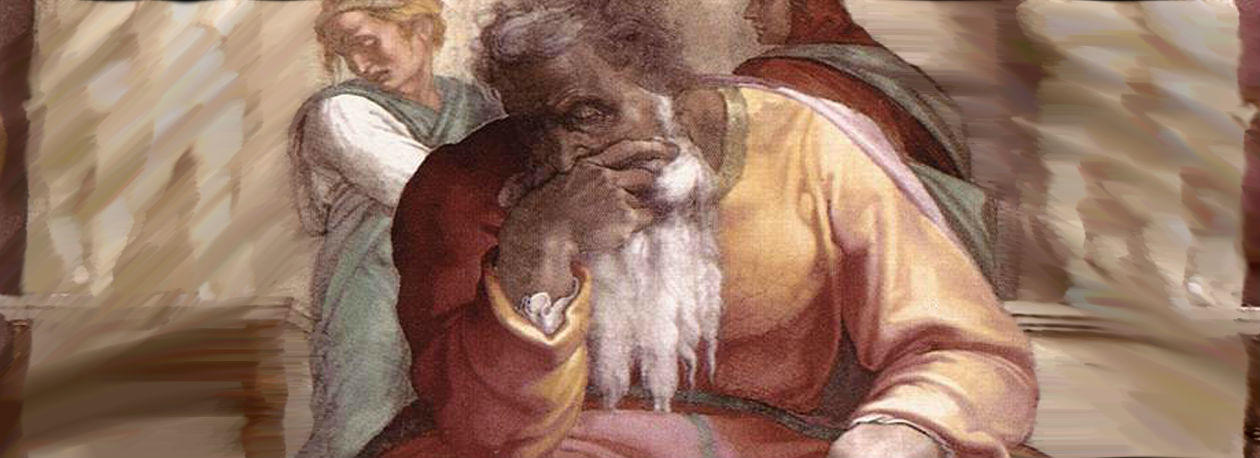One of the best-known passages in the book of Isaiah
enumerates four of the things that the Messiah will do:

“The Spirit of the Lord is upon me
because he has anointed me to
[1] preach the good news to the poor.
[2] He has sent me to proclaim release to captives and
[3] recovery of sight to the blind,
[and 4] to set at liberty those who are oppressed.”
(Numbers within brackets added)
Two out of the four items deal with prisoners:
“to proclaim release to captives” and
“to set at liberty those who are oppressed.”
The Lord hasn’t forgotten that the Messiah
should set prisoners free.
Nor has he forgotten that his cousin–
the person to whom he is sending this message–
is at that very moment languishing in prison.
Now we begin to understand John the Baptist’s question to Jesus.
When he sends his disciples to ask Jesus, “Are you the One?”
he isn’t really asking about the identity of Jesus.
He already knows that Jesus is the Messiah;
he has known that ever since he was an infant child!
What he means is: “Are you really the One?
Because if you are, why aren’t you coming to my rescue,
release me from prisoners as the Messiah ought to do?”
Now we also begin to understand
what our Lord means when he tells John’s disciples:
“Blessed is he who takes no offense at me!”
It’s almost an apology—a request for John to understand
and not to be upset because the Lord isn’t about to set him free.
image from chuckmccoart.com, royalcollection.org.uk